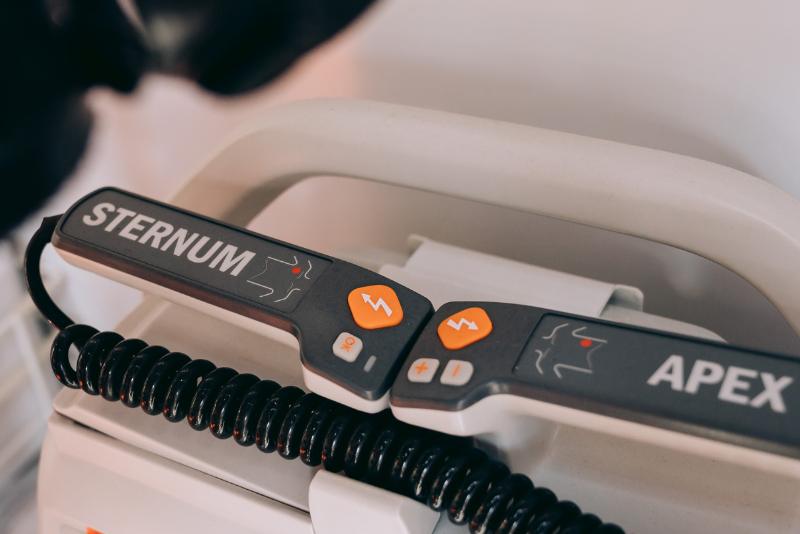Employers that sponsor welfare benefit plans must provide a wide range of notices and disclosures to employees and plan participants. These notices are required by the Employee Retirement Income Security Act (ERISA), the Affordable Care Act (ACA), the Health Insurance Portability and Accountability Act (HIPAA) and the Americans with Disabilities Act (ADA). This Benefit Minute provides an overview of the various requirements.
Notices/Disclosures for New Hires
Certain notices must be distributed before or in connection with initial enrollment. These include:
- Summary of benefits & coverage (SBC) – gives information about group health plan options in a standard format. It must be provided with enrollment materials or posted on the enrollment website.
- Notice of special enrollment rights, including special enrollment pursuant to the Children’s Health Insurance Program (CHIP) – describes when an eligible employee must be permitted to enroll if health coverage is waived when first eligible.
- Grandfathered plan notice (if applicable) – discloses that the plan is grandfathered and therefore exempt from certain ACA market reforms.
- Women’s Health and Cancer Rights Act enrollment notice – describes services that must be covered by the group health plan for participants who are receiving mastectomy-related benefits.
- Initial COBRA notice – provides an overview of a participant’s rights and obligations with respect to COBRA. It is generally sent via first class mail and must also be provided to a covered spouse.
- HIPAA privacy notice – describes the privacy practices of the group health plan as well as participants’ rights. It isprovided by the insurance carrier when the plan is fully insured and by the employer when the plan is self-insured. The notice must be distributed in hard copy unless affirmative consent for electronic delivery is obtained.
- Medicare Part D creditable/non-creditable coverage notice – states whether the prescription drug benefit is as good as or better than Medicare Part D prescription drug coverage and must be provided to any Medicare-eligible participant at time of enrollment so that the individual can make an informed decision whether to enroll in Part D.
- Summary Plan Description (SPD) – provides plain English description of the benefits in which the participant is enrolled plus additional information required by ERISA and should be distributed within 90 days of enrollment.
Unless otherwise stated, these notices are generally included as part of new hire enrollment materials and can be distributed electronically in accordance with DOL safe harbor requirements. Automatic electronic distribution may be made to employees who have work-related access to the employer’s electronic information system; otherwise, affirmative consent is needed to distribute electronically.
In addition, employers should provide a written notice to all employees within 14 days of hire that informs them of the existence of the Marketplace, the potential availability of a tax credit, and the consequences of enrolling in a Marketplace plan instead of health coverage offered by the employer.
Annual Notices/Disclosures
Similar notices are also distributed annually as part of open enrollment materials, either as required or as a best practice. These include the notice of special enrollment rights and CHIP special enrollment; the Women’s Health and Cancer Rights Act annual notice (a shortened version of the enrollment notice) and the grandfathered plan notice, if applicable. As stated above, these notices may be distributed electronically to employees with work-related electronic access.
The SBC must also be provided annually in connection with open enrollment in hard copy or on the enrollment website (with proper notice that includes the web address and a statement that a paper copy is available free of charge). Material changes during the plan year that affect the content of the SBC must be communicated no later than 60 days prior to the date on which the changes will become effective.
While there is no requirement to redistribute a HIPAA privacy notice unless the content changes, health plans must provide a reminder every three years to inform participants of the availability of the privacy notice and how to obtain a copy. This reminder is often included with annual enrollment materials.
The CHIP premium assistance notice must be distributed annually to all employees who reside in a state that offers a premium assistance program. A premium assistance program subsidizes an individual’s enrollment in a group health plan in lieu of coverage under Medicaid or CHIP. Currently 38 states offer some type of premium assistance program.
The Medicare Part D creditable/non-creditable coverage notice must be provided annually by October 15, in connection with the open enrollment period for Medicare Part D. While only required to be distributed to Medicare-eligible individuals, many employers choose to send to all employees. The notice may be included with other plan materials (including open enrollment materials) as long as it is prominent and conspicuous. The notice may be sent electronically.
Employers who sponsor a wellness program that includes a medical exam or inquiry must provide an ADA notice addressing how the employer will protect and use information related to the program. Any group health plan offering a HIPAA health contingent wellness program in order to obtain a reward must provide a notice that discloses the availability of a reasonable alternative standard (or possible waiver of the standard). Disclosure must include contact information for obtaining the alternative and a statement that an individual’s personal physician’s recommendation will be accommodated. These notices are generally included in enrollment materials.
Welfare plans subject to Form 5500 filing requirements must distribute a Summary Annual Report (SAR) within two months after the Form 5500 due date (including extension). The SAR provides an overview of information included in Form 5500.
Finally, a Summary of Material Modification (SMM) must be provided to plan participants when information in the SPD changes. The general rule is that an SMM must be provided within 210 days after the end of the plan year (many employers distribute SMMs or updated SPDs earlier due to carrier or benefit changes). If a group health plan adopts a change that is a material reduction in covered services or benefits, the notification deadline is 60 days after adoption of the change. SPDs and SMMs may be distributed electronically in accordance with DOL rules.




